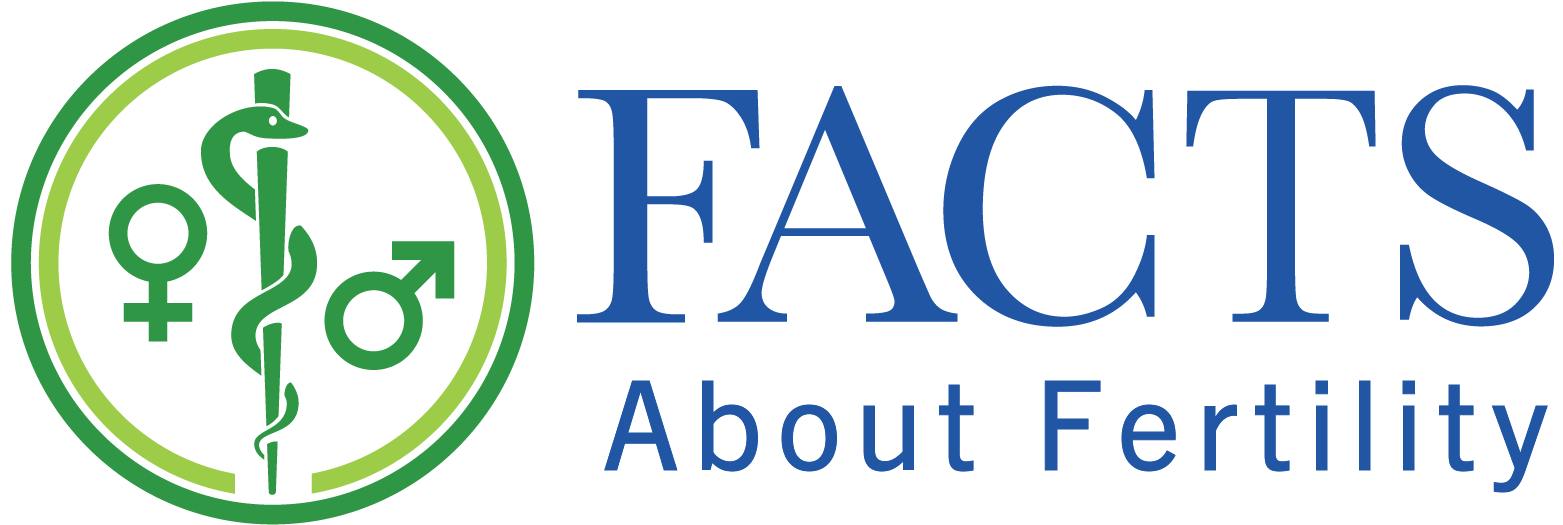By: Richard Fehring, PhD, RN
Background
Endometriosis is a disease with limited treatment options that often results in pelvic pain, reduced quality of life, and infertility for women of reproductive age. Although oral contraceptive pills (OCPs) are commonly used to treat endometriosis (i.e., treat the symptoms rather than the disease) there is mixed evidence regarding if prior use of OCPs actually influences the development of endometriosis. Therefore, researchers sought to determine whether prior use OCPs increases or decreases the incidence of endometriosis among a cohort of young women (Tu, Du, Goldstein, Beaumont, Zhou, and Brown 2014).
Methodology
Researchers were able to obtain and analyze data from the Australian Longitudinal Study on Women’s Health (ALSWH) a twenty year study from 1996-2016. The study focused on the 18-23 year old cohort at baseline in 1996 and in the 2000, 2003, and 2006 surveys of this cohort. The goal was to assess whether there was self-reported use of OCPs prior to the first self-reported diagnosis of endometriosis. The primary outcome of the study was self-reported diagnosis of endometriosis and the independent variable was reported use of OCPs. They also were able to ascertain potential confounders of marital status, body mass index (BMI), education and depression.The researchers found 514 subjects with a new diagnosis of endometriosis over the 10 year length of the study among 9,585 participants in the 18-23 year old cohort.
Results
They discovered that the risk of being diagnosed with endometriosis was 2.4 times higher among women with greater or equal to 5 years of OCPs use versus the never users of OCPs.
Among the nulliparous participants (those who have never given birth), after controlling for confounders, they found that prior use of OCPs greater than 5 years of use was associated with a 2.3 fold increased risk of a diagnosis of endometriosis compared to those women who never used OCPs.
Among (women who have never given birth)…, they found that prior use of OCPs greater than 5 years of use was associated with a 2.3 fold increased risk of a diagnosis of endometriosis compared to those women who never used OCPs.
However, among parous women they found that with greater than 5 years of use of OCPs there was a 59% reduction in the risk of being diagnosed with endometriosis compared with never users of OCPS. The researchers did not determine whether the endometriosis occurred before or after a pregnancy. The authors concluded that the prior use of OCPs did not provide a protective effect for developing endometriosis but rather found a significant association with prior use but not among parous women. The authors listed a limitation of the study was relying on self-reporting of endometriosis and OCP use. They also mentioned that some of the increased rate of endometriosis might be due to younger women being treated in their early years with OCPs with symptoms like menstrual pain and not for contraceptive purposes.
They also mentioned that some of the increased rate of endometriosis might be due to younger women being treated in their early years with OCPs with symptoms like menstrual pain and not for contraceptive purposes.
Comments
The decreased risk of endometriosis with prior OCP use among the parous women might be due to the effects of pregnancy and postpartum breastfeeding, i.e., a natural reproductive states in which the menstrual cycle is suspended and not under hormonal fluctuation of estrogen and endometrial build up and under high levels of natural progesterone (Thylan 1996; Decherney 1992). It would have been nice to include pregnancy and breastfeeding as predictors of endometriosis.
Sources
Decherney, A. H. 1992. Endometriosis: recurrence and retreatment. Clinical Therapy 14: 766-772.
Thylan, S. 1996. Breast-feeding and endometriosis. Journal of Paediatrics and Child Health. 32(3):271-272.
Tu, F.F., H. Du, G. P. Goldstein, J. L. Beaumont, Y. Zhou, and W. J.Brown. 2014. The influence of prior oral contraceptive use on risk of endometriosis is conditional on parity. Fertility and Sterility 101(6): 1697-1704.
Inspired by what you read?
You can support the ongoing work of FACTS here. To connect with a member of our team, please email development@FACTSaboutFertility.org. Interested in becoming an individual or organizational member? You can learn more and register here. To discuss with a member of our team, please email membership@FACTSaboutFertility.org.




